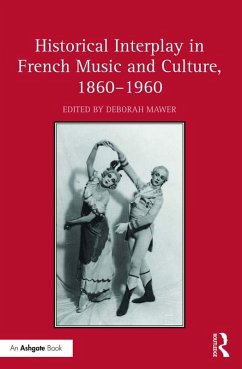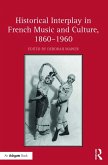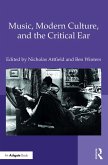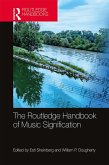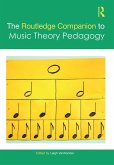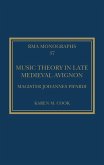Dieser Download kann aus rechtlichen Gründen nur mit Rechnungsadresse in A, B, BG, CY, CZ, D, DK, EW, E, FIN, F, GR, HR, H, IRL, I, LT, L, LR, M, NL, PL, P, R, S, SLO, SK ausgeliefert werden.
Hinweis: Dieser Artikel kann nur an eine deutsche Lieferadresse ausgeliefert werden.
'The essays in Deborah Mawer's collection cover a century of French music, from 1860 to 1960, and offer perspectives that are both new and invigorating. By taking into consideration the roles played by literature, painting, cinema, and the interactions among the various arts, the essays offer a reconsideration of the ways in which a number of composers - among them Saint-Saëns, Debussy, Poulenc, Satie, Jolivet, and Messiaen - were able to create links between their music and that of previous centuries. By employing a multiplicity of approaches and methodologies, the essays renew with conspicuous energy both the question of national identity, which has too often been treated with too narrow a focus, and the question of the nature of musicians' relationships with their traditional French heritage.' Professor Denis Herlin, Director of Research, IReMus, CNRS, Paris, France

